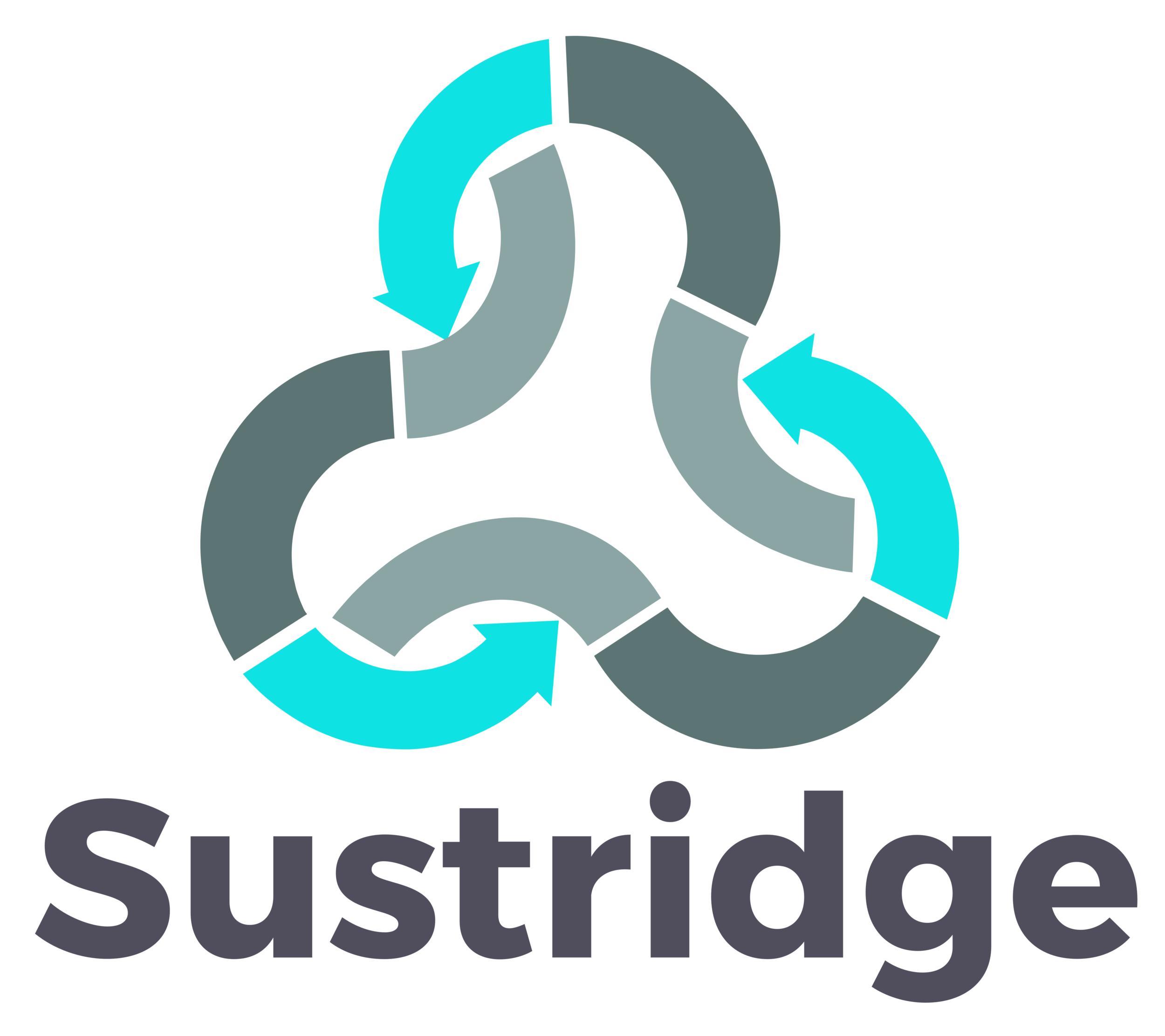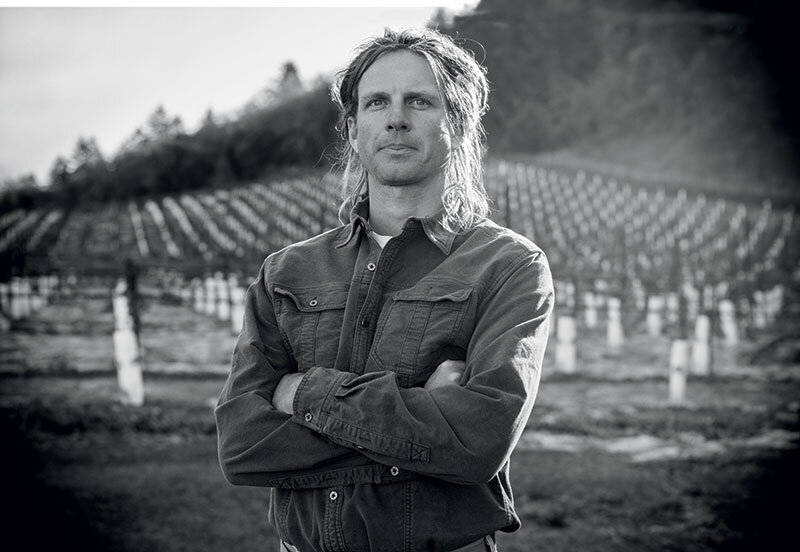Joseph Brinkley - Organic and Regenerative Agriculture Deep Dive
Joseph Brinkley, who holds a degree in Economics from Virginia Commonwealth University, was working for the Federal Reserve in Richmond, Virginia when he realized he would rather get his hands dirty than work in an office. He went back to school, the second time attending Virginia Polytechnic Institute and State University, where he earned his Bachelor of Science in Horticulture in 2003.
Following graduation, Joseph worked with a number of Community Supported Agriculture (CSA) farms while complementing his education with workshops at Virginia’s Josephine Porter Institute, an internationally acclaimed educational facility that advances education and research in Biodynamics. “I was enjoying learning the details of farming land, including best practices for compost and soil management—and gaining insight to anything that contributed to the overall health of the farm,” Joseph remarks.
Today, Joseph’s contributions and expertise, including his extensive knowledge of Biodynamic preparations, contribute to ongoing excellence at Bonterra.
Joseph Brinkley joins Sustainable Nation to discuss:
Differences between organic biodynamic and regenerative farming
The path to organic farming and practices you can incorporate now
Biochar trial at Bonterra
Advice and recommendations for sustainability leaders
Joseph’s Final Five Questions Responses
What is one piece of advice you would give other sustainability leaders that might help them in their careers?
I really think crossing over industries we can learn a lot. Sometimes we get kind of siloed within our own industry and so whatever the industry you're within, I think it's really important to kind of take a step back and look into other industries to see how are they solving their problems that that could certainly be applied within our own.
What would you say you're most excited about right now in the world of sustainability or sustainable agriculture?
I really think it's exciting all of these initiatives that you see from all over. I'm part of this group that we're going to educate and make lawmakers aware of the climate and farming and such. There's some big players there, General Mills. McDonald's is there, right? You see Levi's, I mean, you see some really huge players in the food and textile world really coming behind regenerative agriculture, and then just seeing consumers, so pumped up and excited and just demanding it. I think that's really showing some positive progress.
Joseph, how about one book that you would recommend other sustainability leaders read?
I'm still on Man or Matter. I think I've got to go back to the same one. If you haven't read it, I'm going to say it again, Man or Matter. That's the one.
Excellent. And who writes that?
It's Ernst Lehrs.
What are some of your favorite resources or tools that really help you in your work?
I really think talking to others, seeing what others do and then kind of looking into the other worlds of agriculture. Sometimes we get kind of so stuck, you know, we're in this great nation and we are, but we can look to other nations, to other continents to see there's a lot to be learned from more pastoral ways. And then just on different approaches to farming, to animal husbandry, to how we treat the land for the long-term success.
And finally, Joseph, where can our listeners go to learn more about you and your work at Bonterra?
I would say go to the website: bonterra.com

